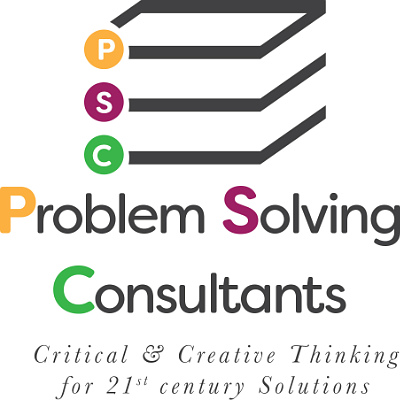I don’t think it’s any stretch of the imagination that since March of this year. we’ve been traveling through what can only be described as a State of Weird. The pandemic caused by the unleashing of the COVID-19 virus has devastated families, communities, houses of worship, businesses, and even our own concept of what it means to look out for one another. Just when it seemed like we were reaching the end of the tunnel and a new day was dawning, the resurgence of this virus has continued to claim lives while also showcasing the absolute callous disregard that some of our citizens have for others.
I’m not going to argue whether any governmental agency has the right to require us to wear masks in public. While I have tested negative both for the virus and for any exposure to the virus, I choose to wear a mask in public because my mayor and governor have recommended that I do so. The wearing of the mask doesn’t diminish who I am, nor does it diminish my civil liberties. What it does do is showcase my consideration for others.
I am concerned about my family, friends, and neighbors. I’m going to do my research to make sure that I fully understand what is happening, including an understanding that some of the numbers being reported may be based upon false information. No testing program is completely infallible and false positives and negatives are going to happen. We need people in positions of publishing the numbers to be scrupulous in their reporting. We need a governmental response that focuses almost exclusively upon making available the resources needed by the doctors and nurses on the front lines of treating this pandemic. We need a responsible media to stop shouting the figurative “fire” in the crowded theater and focus, instead, upon the accurate reporting of how this virus was unleashed upon the world and what are the best practices for eliminating it. We need the finger pointing to stop, the shouting to stop and we, as a community, need to come together to help those who have lost loved ones; support business owners who are desperately trying to stay open so their employees can get paid; and, make sure those who can’t fend for themselves know that they have a safe haven and are given the helping hand that they need.
